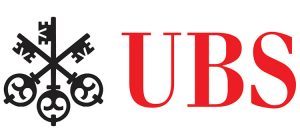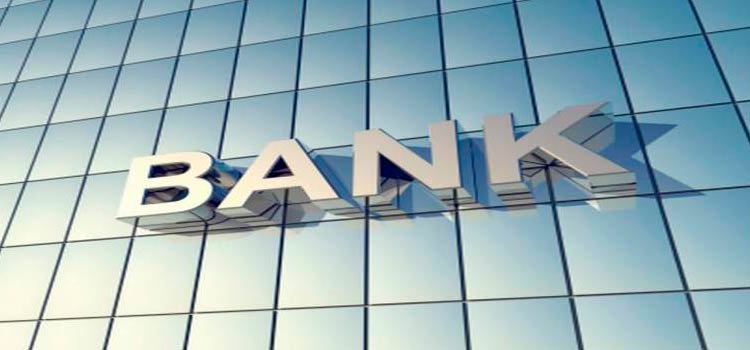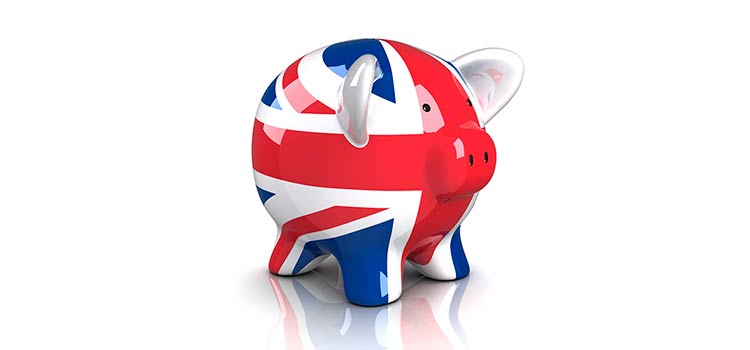Sweden and the Netherlands demand to disclose the clients of the Swiss UBS
 It recently emerged that Sweden and the Netherlands filed administrative requests with the Swiss authorities asking them to state the names of their citizens who own accounts at UBS in Zurich to find out if they paid taxes or not. Previously, similar requests were also filed by Spain and France, relying on information received from the German authorities, who since 2010 have conducted several fiscal investigations based in part on information obtained in Switzerland through unofficial channels.
It recently emerged that Sweden and the Netherlands filed administrative requests with the Swiss authorities asking them to state the names of their citizens who own accounts at UBS in Zurich to find out if they paid taxes or not. Previously, similar requests were also filed by Spain and France, relying on information received from the German authorities, who since 2010 have conducted several fiscal investigations based in part on information obtained in Switzerland through unofficial channels.
Swedish and Dutch inquiries, subjects in October 2016 and February 2017, respectively, were posted on the latest issue of the Swiss Federal Gazetteexternal, from which the public usually learns about such events.
Inquiries expressed suspicions that many wealthy fraudsters who do not pay taxes, hid their money in Swiss bank accounts. Inquiries also confirm that Switzerland is ready to retreat from its tough stance on refusing foreign jurisdictions in such matters.
In the past, there have also been cases where countries have demanded help from Switzerland in tracking tax draft dodgers. But now group requests are becoming more frequent, which even forced the Swiss tax authorities to force banks to refuse to serve clients with a certain nationality for a certain period of time in order to hedge against possible problems.
The latest request is based on information seized by German investigators when they searched the UBS office several years ago, after which the lists of UBS clients from 2006 to 2008 were quickly distributed by Germany to other countries, which became the basis for other investigations.
Swedish UBS customers are invited to contact the bank if they had accounts at UBS between January 1, 2012 and December 31, 2015. And the authorities of the Netherlands wanted to provide them with information on the names of citizens and details of their accounts at UBS for the period from March 1, 2010 to the end of 2015.
Court decisions
UBS accepted recent requests, adding, “As we said earlier, we expected several countries to submit requests for administrative assistance in tax matters to the Swiss Federal Tax Administration. We were among the first in the industry to take this step and demand tax documentation from their clients. ”
Important decisions in the last months of the Federal Supreme Court have caused a lot of problems for Swiss banks. In September 2016, he ordered UBS clients to disclose the names of UBS customers to the authorities of the Netherlands, who wanted to know which of their citizens continued to evade taxes, despite the amnesty. Interestingly, the previous court on this issue rejected the request of the Netherlands, since specific names of citizens were not provided.
In March of this year, the Supreme Court approved administrative assistance to France, despite the fact that the request was based on data stolen from UBS.
The Swiss banking secrecy was effectively ended in early 2017, when banks began collecting data on foreign customers for the Swiss tax administration to be ready for the automatic exchange of information.
These data will be automatically exchanged with 38 countries starting from 2018, including the European Union. In February of this year, Switzerland said it could expand the list of partner countries for automatic exchange by another 21 countries, including China and Russia.
The automatic exchange of information will prevent future tax evasion, but some countries still seek to catch and punish their citizens for past evasion. In March, the Netherlands conducted an investigation into the second-largest Swiss bank, Credit Suisse, because of suspected crimes of tax evasion. Currently, an investigation into tax evasion and the laundering of illegally acquired funds related to the bank Credit Suisse, is being conducted simultaneously in five countries – in the Netherlands, Great Britain, Germany, Australia and France. The bank, for its part, actively cooperates with the investigation. “We have implemented voluntary disclosure programs on tax issues in France and the Netherlands, and also refused customers who are not ready to follow the rules,” said Credit Suisse.
After all this, the question arises: is it worth it now to open accounts in Swiss banks? Yes, after all, Switzerland has been and remains a financial center, where they offer a variety of popular services. Swiss banks continue to offer new services and attract new customers. The only thing that is important to remember is the importance of maximally legal use of a foreign account.
Opening a bank account in Switzerland is quite realistic and profitable. Especially if you can put serious money on deposit. But this should be done reasonably – paying taxes where necessary, and only then transfer capital to a safe place to store.



